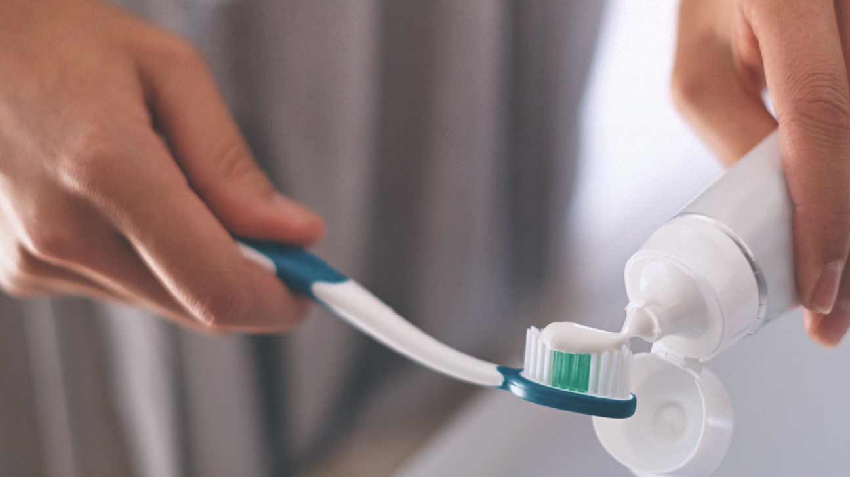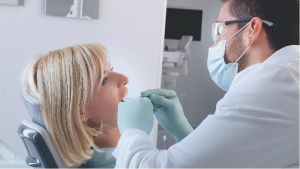
29 Aug Oral hygiene from pregnancy: what are the most common risks
As pregnancy progresses, there is a greater propensity to suffer alterations that affect oral health. A risk that requires extreme precautions in this regard. During those months, different changes occur that can deteriorate the state of the teeth and gums. And generate complications that, if not corrected in time, can cause irreversible damage.
The Sanitas Dental Clinics, have a very long history in oral health care at all stages of life. Specifically that the smallest and most pregnant women, advises taking maximum care of oral hygiene from pregnancy and not postponing the corresponding visits to our reference professional. Something, equally applicable in the first years of the child’s life.
What are the most common dental alterations during pregnancy?

As the experts at the Sanitas Dental Clinics warn. The variations responsible for the aforementioned increase in vulnerability have to do with fluctuations in hormonal levels. Which generate various threats, among which the following stand out:
Gingivitis And Periodontitis
More than half of pregnant women are affected by gingivitis due to increased progesterone and estrogen. This phenomenon increases the blood flow of the gums, facilitating their redness and inflammation, which increases the probability of bleeding when brushing. Far from being limited to such an event, it carries potentially serious effects. And it is that, if it is not treated in a timely and adequate way, the bacteria that accumulate in the gum line could generate periodontitis, an infection that can destroy the bone where the teeth and adjacent tissues are inserted.
Vomiting, Xerostomia, And Salivary Disorders
During pregnancy, it is not uncommon to suffer, on the other hand, erosion of tooth enamel due to vomiting. Some women also experience xerostomia. Which consists of excessive dryness caused by an alteration in the functioning of the salivary glands that affect the composition of the oral fluid.
Tooth Mobility
The female body also produces relaxin, responsible for relaxing the joints of the pregnant woman in the face of childbirth. However, there is research that affirms that this hormone can cause slight dental mobility that allows the entry of food remains. Such a scenario contributes to the accumulation of plaque between the gums and the teeth. Passing to another in which the infection inflames the area and ends up causing severe damage to it.
The threat of not taking care of oral health from the first months of life
Despite the fact that after giving birth the intensity of the previous threats diminishes, the importance of caring for oral health from the first months of life leaves no room for relaxation. Apart from ensuring the well-being of our mouths, now we must keep a close eye on our children. Because, although it may not seem like it, early care can prevent serious future problems. Among them, the problems of bite or misaligned eruption of the teeth stand out, which can cause cavities, muscular alterations, aesthetics, and even difficulties in speaking or eating.
Prevention, the most effective tool
As in so many other cases, prevention prevents the appearance of numerous unwanted consequences. In the case of both adults and children, there are daily actions that, combined with adequate clinical supervision, allow inconveniences to be minimized. Relying on the criteria of the specialists of the Sanitas Dental Clinics, which has hundreds of consultations in this specialty spread throughout the country, we tell you how to proceed to safeguard the good condition of our mouths.
How to anticipate problems during pregnancy
Although we always have to maintain it, oral hygiene since pregnancy is even more fundamental. It must be based on correct brushing alternated with the use of dental floss and mouthwash. Sometimes, the taste of the usual toothpaste generates rejection, to the point of feeling nauseated and even giving up basic cleaning tasks. Before reaching that point, one must not stop looking, among the many products on the market, for those that do not cause discomfort.
Another important aspect to prevent problems is to visit the dentist to undergo a complete check-up and remove bacterial plaque and tartar. It is advisable to repeat this visit in the second trimester of pregnancy or at the time problems such as pain, bleeding gums, or movement of a piece, among others, are detected.
The importance of oral care from the earliest stages of childhood
Since they are little, our children must know how to proceed with the essential daily tasks to maintain good oral health. Among them, do not forget:
- Brush your teeth when you wake up, after eating, and before going to bed.
- Help them to wash in the early stages, when they are not yet able to execute the movements well.
- Use specific toothpaste and mouthwashes for children.
- Drink water to prevent dry mouth.
- Avoid foods with excess sugar.
- Follow a healthy diet.
In addition, Dr. Berta Uzquiza, Innovation and Clinical Quality dentist at Sanitas Dental points out the importance of using toothpaste with a sufficient concentration of fluoride: «It is essential to check that the toothpaste contains at least 1,000 ppm of fluoride for the defense against caries to be effective. After the eruption of the first tooth, we can start using paste with such a concentration, placing on the brush the amount of paste equivalent to a grain of rice. From the age of 3, the amount of pasta is increased, which will approach the size of a pea.
You may like to read TIPS FOR MEN’S HAIR CARE: 10 TIPS


No Comments